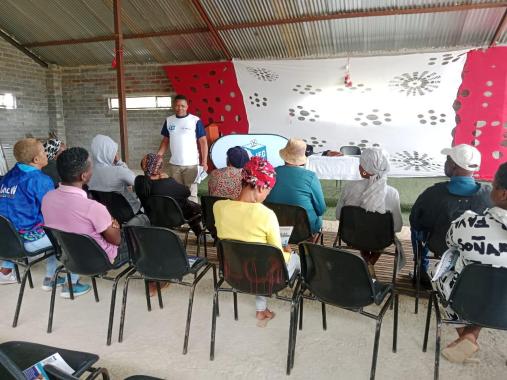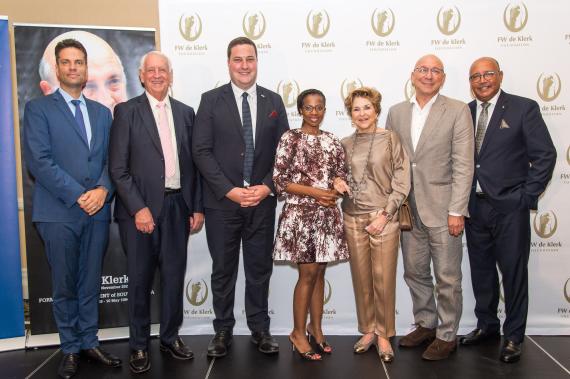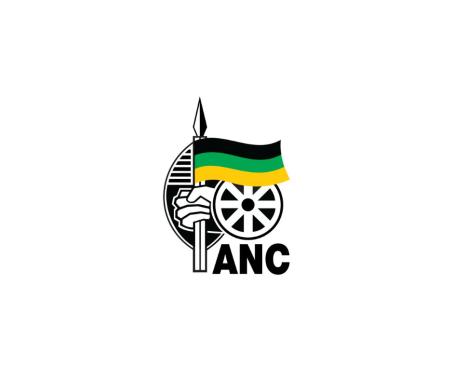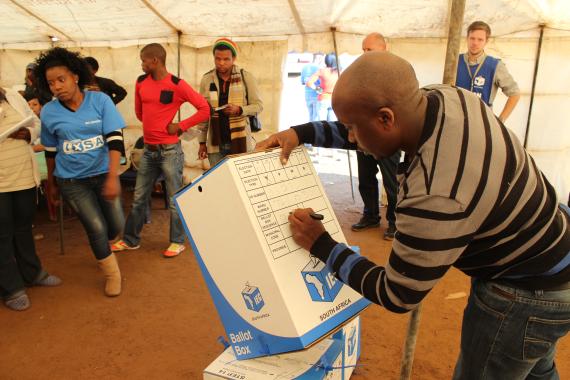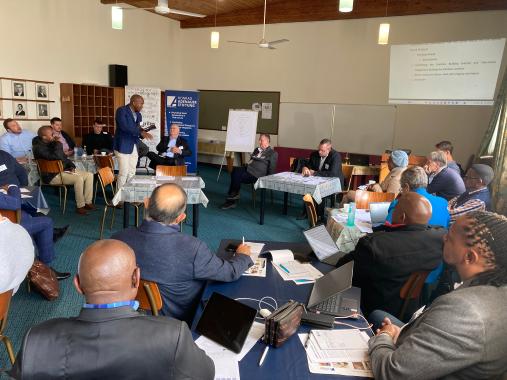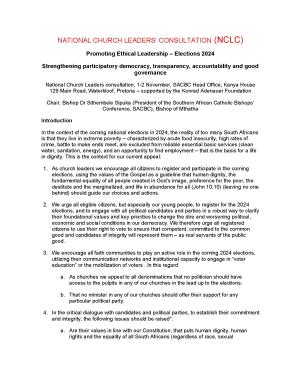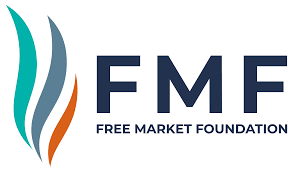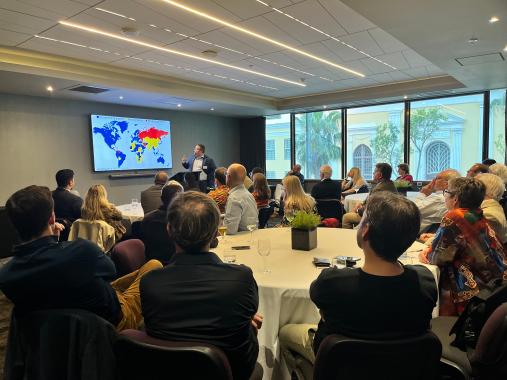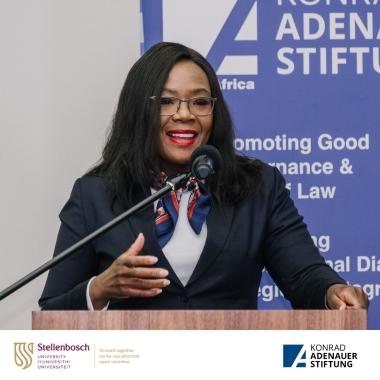Events - Foundation Office South Africa
Event
Can a country dogged by political crisis and poverty build a common vision and social cohesion?
How do we go about building a cohesive, strong and equitable society?
Join Business Day, KAS, and EFSA in discussing the ethical leadership that is required to restore hope for a shared future in South Africa, where no one gets left behind.
Event
The Protection of Women Minority Groups during the Pandemic
The SAIFAC Online Forum
In honour of Women’s Day, the South African Institute for Advanced Constitutional, Human Rights, Public and International Law (SAIFAC), a centre of the University of Johannesburg and the Konrad Adenauer Stiftung cordially invite you to an online panel discussion on “The Protection of Women Minority Groups during the Pandemic.”
Event
KAS/SAIIA Annual Careers Event
Careers in Transition: a post-pandemic green economy and implications for the world of work
Discussion
Electoral Reform
Can we build a better democracy?
By June 2022, Parliament must amend SA’s electoral law to allow independent candidates to contest national and provincial elections, as ordered by the Constitutional Court.
Event
Konrad-Adenauer-Foundation Open Day 2021
„Politics and trust“
The work of the Konrad-Adenauer-Foundation: focusing on participation, representation, security, and innovation.
Online-Seminar
"Adenauer-Conference" with Armin Laschet
Germany’s Role in International Security Affairs
With a keynote speech on foreign and security policy by Minister-President Armin Laschet, this year's Adenauer Conference opens the discussion on key security issues and international challenges. Besides the priorities for German foreign and security policy, the focus of the debate this year is also on Afghanistan and transatlantic relations.
Event
For My Country:
Why I blew the whistle on Zuma and the Guptas
Discussion
SA's Corona Parliament: Virtually working?
Join Rebecca Sibanda as she launches and discusses the findings of her new paper.
At this event Rebecca Sibanda of the Parliamentary Monitoring Group will launch and discuss the findings of her new paper Implications of a Virtual Parliament on its Constitutional Mandate. In the paper, she reviews the performance of South Africa's Parliament during the Covid-19 epidemic. Enriching and challenging her conclusions will be Marianne Merten of the Daily Maverick. The Konrad-Adenauer-Stiftung thanks the Parliamentary Monitoring Group for its collaboration in this research.
Online-Seminar
Book Launch-The Global South and Comparative Constitutional Law
Philipp Dann, Michael Riegner and Maxim Bönnemann (Editors)
This volume makes a timely intervention into a field marked by a shift from unipolar to multipolar order and a pluralization of constitutional law. It addresses the theoretical and epistemic foundations of Southern constitutionalism and discusses its distinctive themes, such as transformative constitutionalism, inequality, access to justice, and authoritarian legality.
Online-Seminar
Wrecking Ball
Why Permanent Technological Unemployment, a Predictable Pandemic and Other Wicked Problems Will End South Africa’s Experiment in Inclusive Democracy
Wrecking Ball explores, in novel theoretical manner, a decalogue of wicked problems that could easily end contemporary civilization. Written in the vernacular of political economy, it demonstrates that without an inclusive centralized system of global political and economic institutions, the collective action required to solve these wicked problems falls beyond the remit of the world’s 200 still predominantly extractive and elitist polities. To prove its manifold theses, Wrecking Ball grounds its analysis in an extended study of contemporary South Africa and shows that this country’s elitist and extractive political and economic institutions not only make resolution of ongoing domestic crises unattainable, but make meaningful responses to wicked problems impossible.



